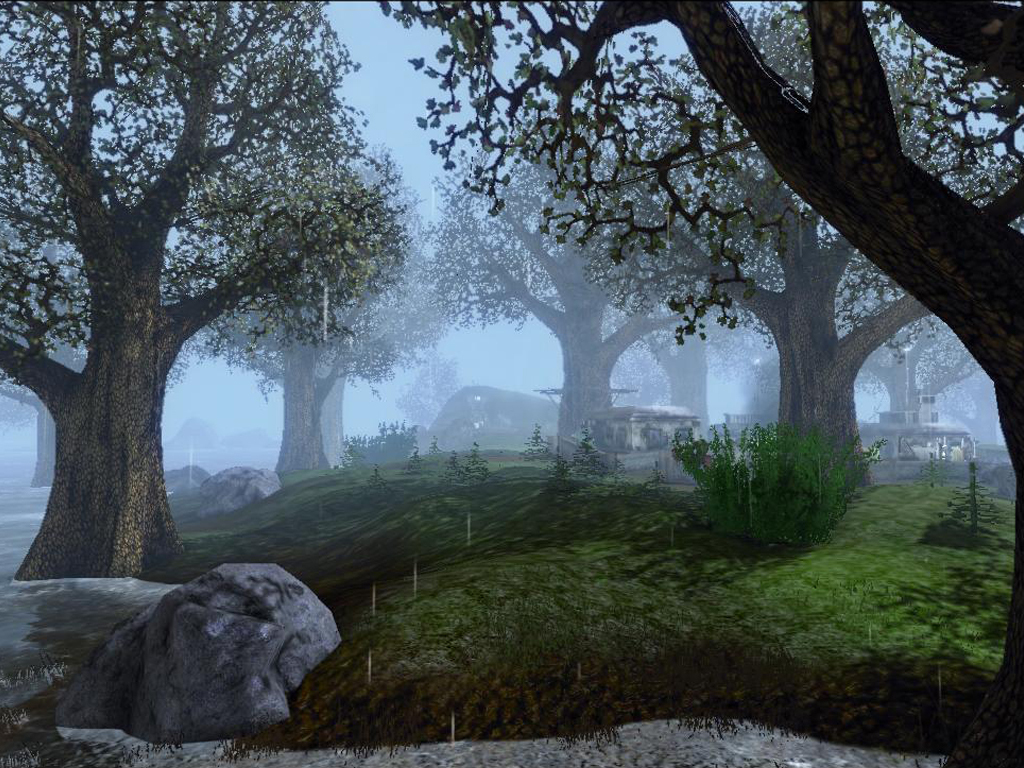


3.2.7 Transfer of anti-drug operations to PDEA.3.2.6 Reshuffling of the Caloocan City Police.3.2.4 Ozamiz raid, and death of Reynaldo Parojinog.3.2.3 Allegations of police using hospitals to hide killings.3.2.1 Amnesty International investigation.3.1.5 Temporary cessation of police drug operations.

Marcos declared his intention to continue the anti-narcotics campaign, focusing more on prevention and rehabilitation. In 2022, Duterte urged his successor, Bongbong Marcos, who won the 2022 Philippine presidential election, to continue the war on drugs in "his own way" to protect the youth. ĭuterte has since admitted to underestimating the illegal drug problem when he promised to rid the country of illegal drugs within six months of his presidency, citing the difficulty in border control against illegal drugs due to the country's long coastline and lamented that government officials and law enforcers themselves were involved in the drug trade. Philippine authorities have denied misconduct by police. The anti-narcotics campaign was condemned by media organizations and human rights groups, which reported staged crime scenes where police allegedly execute unarmed drug suspects, planting guns and drugs as evidence.

ĭuterte has urged the public to kill criminals and drug addicts. According to former Philippine National Police Chief and Senator Ronald dela Rosa, the policy is aimed at "the neutralization of illegal drug personalities nationwide". The Philippine drug war is the anti-drug policy and actions of the Philippine government under Former President Rodrigo Duterte, who assumed office on June 30, 2016. 6,229 killed in official anti-drug operations (as of March 30, 2022)


 0 kommentar(er)
0 kommentar(er)
